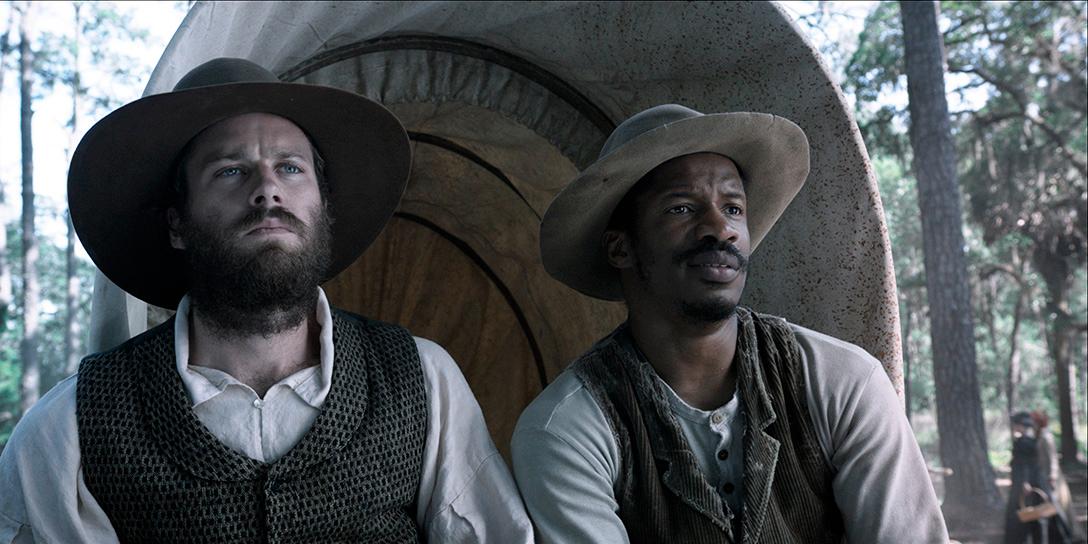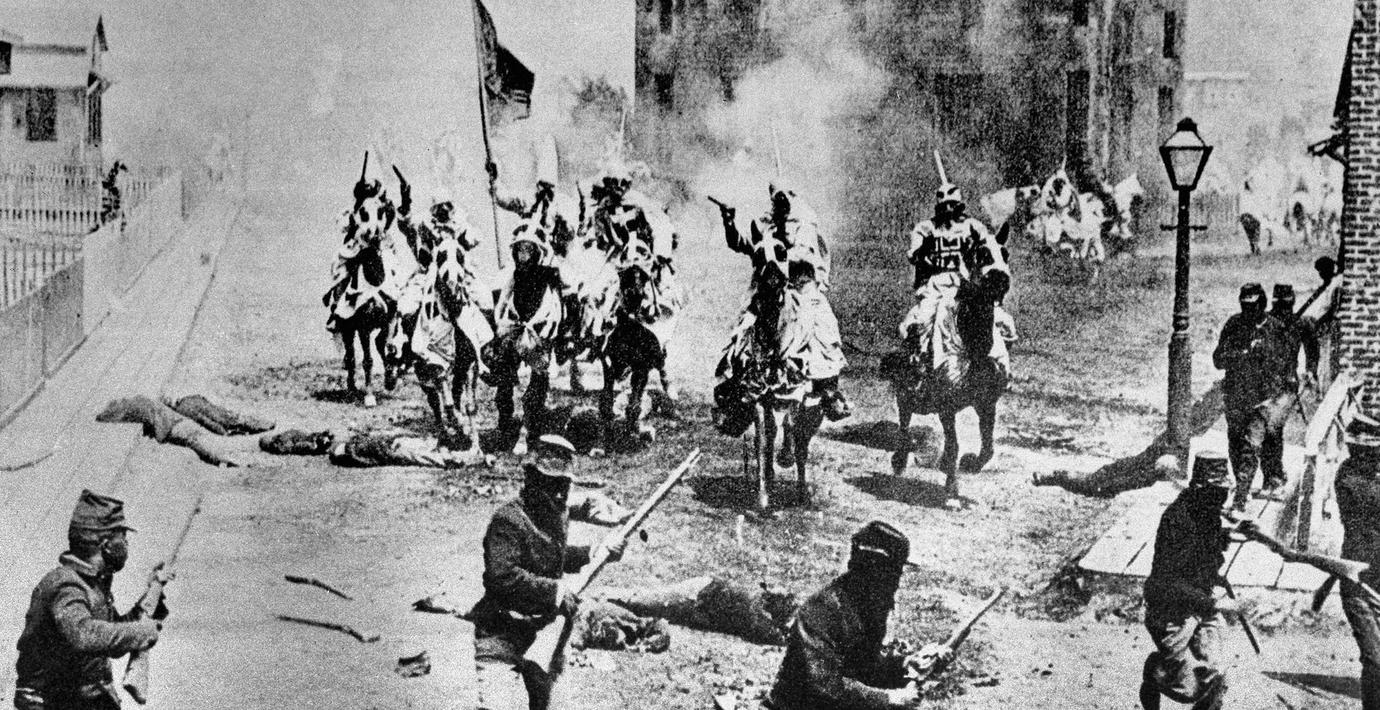
”The birth of a nation” storvinnare på Sundance


”The birth of a nation”, som delar namn med en rasistisk film om Ku Klux Klan från 1915, vann de stora priserna på filmfestivalen i Sundance, USA, under lördagen.
Filmen handlar om hur slavar gör revolt i Virginia 1831. Både juryns stora pris och publikens pris tilldelades Nate Parker – filmens regissör, producent och huvudrollsinnehavare.
bakgrund
”The birth of a nation” (1915)
Wikipedia (en)
The Birth of a Nation (originally called The Clansman) is a 1915 American silent epic drama film directed by D. W. Griffith and starring Lillian Gish. The screenplay is adapted from the novel and play The Clansman, both by Thomas Dixon, Jr. Griffith co-wrote the screenplay (with Frank E. Woods), and co-produced the film (with Harry Aitken). It was released on February 8, 1915. Over two hours long, the film was originally presented in two parts separated by an intermission; it was the first 12-reel film in America.
The film chronicles the relationship of two families in the American Civil War and Reconstruction era: the pro-Union Northern Stonemans and the pro-Confederacy Southern Camerons over the course of several years. The assassination of President Abraham Lincoln by John Wilkes Booth is dramatized.
The film was a commercial success, though it was highly controversial owing to its portrayal of black men (some played by white actors in blackface) as unintelligent and sexually aggressive towards white women, and the portrayal of the Ku Klux Klan (whose original founding is dramatized) as a heroic force. There were widespread African-American protests against The Birth of a Nation, such as in Boston, while thousands of white Bostonians flocked to see the film. The NAACP spearheaded an unsuccessful campaign to ban the film. Griffith's indignation at efforts to censor or ban the film motivated him to produce Intolerance the following year.
The film is also credited as one of the events that inspired the formation of the "second era" Ku Klux Klan at Stone Mountain, Georgia, in the same year. The Birth of a Nation, along with the trial and lynching of Leo Frank for the 1913 murder of Mary Phagan in Atlanta, was used as a recruiting tool for the KKK. Under President Woodrow Wilson it was the first American motion picture to be screened at the White House, although in 1914 the Italian film Cabiria had been shown on the White House lawn.
Griffith's innovative techniques and storytelling power have made The Birth of a Nation one of the landmarks of film history. In 1992, the United States Library of Congress deemed the film "culturally, historically, or aesthetically significant" and selected it for preservation in the National Film Registry.
Omni är politiskt obundna och oberoende. Vi strävar efter att ge fler perspektiv på nyheterna. Har du frågor eller synpunkter kring vår rapportering? Kontakta redaktionen